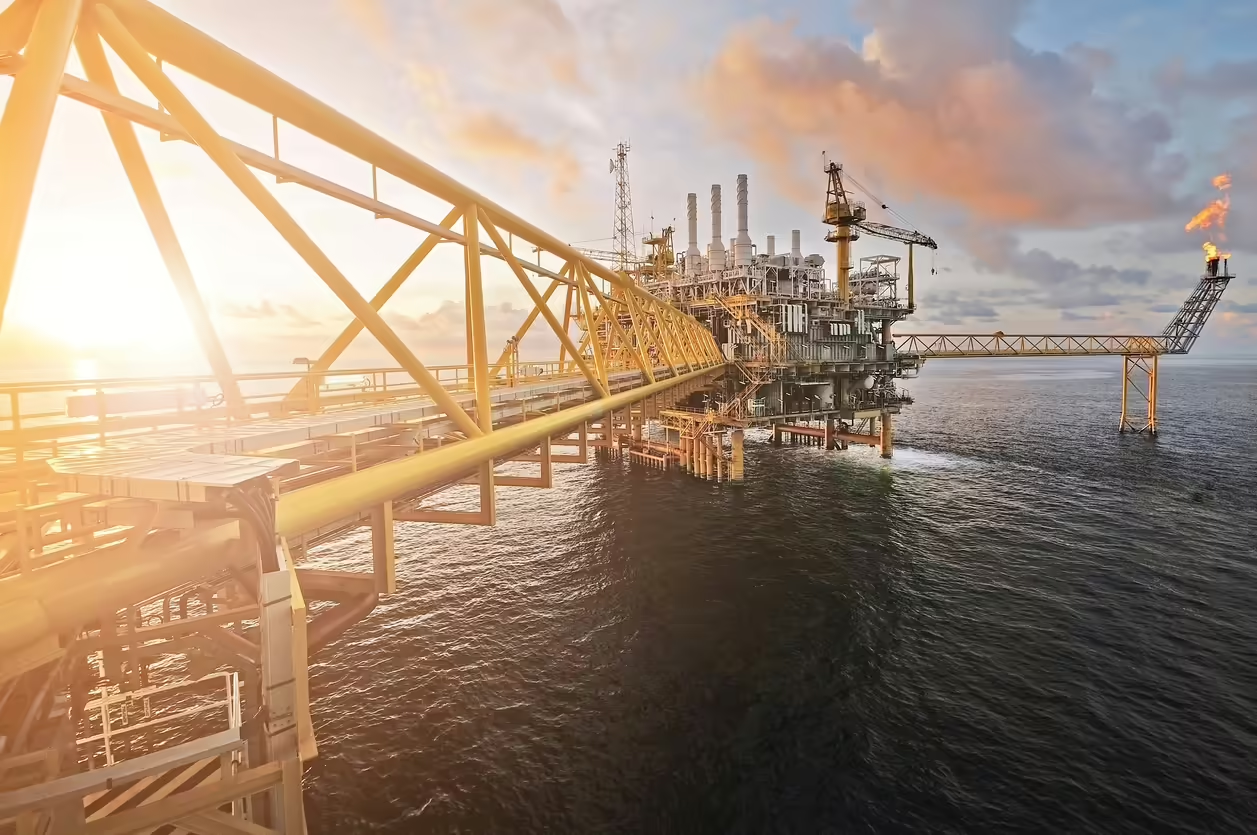Home > Practice Areas > Houston Maritime Injury Lawyers > Oil Rig Explosions > Common Causes
Common Causes of Oil Rig Explosions

Onshore and offshore oil rigs are massive systems designed to drill wells and extract oil. The benefit of these complicated structures is that they usually come as self-contained systems. This makes them convenient for remote drilling sites, whether in the middle of the ocean or West Texas’s arid plateaus.
However, the complexity of these devices can also pose a danger to workers. Safety systems can break down, and defective parts can cause dangerous conditions to go unnoticed.
Zehl & Associates Injury & Accident Lawyers can help you seek fair compensation for maritime injuries in Houston, sustained in an oil rig explosion in Houston, TX. If you were hurt, contact us at (888) 603-3636 for a free consultation with an undefeated Houston oil rig explosion lawyer.
Table of Contents
- How Zehl & Associates Can Help You After an Oil Rig Explosion in Houston, TX
- How Common Are Oil Rig Explosions?
- Top Causes of Oil Rig Explosions
- Schedule a Free Consultation With Our Undefeated Houston Oil Rig Explosion Lawyers
How Zehl & Associates Can Help You After an Oil Rig Explosion in Houston, TX

Zehl & Associates has served injury victims in Houston, Texas, since 2006. Over the past 18 years, our Houston oil rig explosion attorneys have earned an undefeated record. As a result, we’ve successfully recovered billions of dollars for our clients, including some of the state’s largest verdicts and settlements.
If you get injured while working on an oil rig in Texas, our firm can help by providing the following services:
- Reviewing your situation and explaining your options for legal recourse
- Investigating your case and gathering evidence
- Negotiating with insurers and other parties to settle your claim
- Litigating against parties who refuse to offer a fair settlement
Oil rig explosions can easily disable or even kill oil workers. Contact our Houston personal injury lawyers for a free consultation to discuss compensation options after one of these accidents.
How Common Are Oil Rig Explosions?
According to the U.S. government, offshore oil rigs experienced 23 explosions and 981 fires between 2013 and 2022. These incidents caused 25 deaths and 2,161 injuries.
The publicly released reports don’t separate onshore oil rig explosions from other explosions. However, they show that explosions cause about 14.5% of oil and gas extraction deaths. As a result, explosions are the fourth most common cause of oil and gas worker deaths after vehicle accidents, roadway incidents, and mishaps where workers are hit by equipment or materials.
Top Causes of Oil Rig Explosions
Oil rigs are complex systems with many interconnected parts. A problem with any of them can stress other parts of the rig, leading to a catastrophic release of pressurized gas or oil.
When oil or gas gets released, any fire hazard, such as the spark from an internal combustion engine, can ignite it. The resulting explosion produces a blast wave of pressurized air that can knock you down and propel objects into you. The pressure can also affect your brain, causing brain injuries.
Additionally, the burning gas or oil could contact your skin, producing thermal and chemical burns. Burn injuries happen when the skin is damaged or destroyed. Severe burns can damage the skin so severely that they produce disfiguring scars.
The cause of this catastrophic chain of events may include one or more of the following issues:
Defective Equipment
An oil rig requires a lot of large and complicated equipment to function properly and keep the rig and its workers safe from explosions. The most critical piece of equipment, the blowout preventer, sits at the wellhead. This component includes valves that close when it detects a blowout of pressurized oil or gas.
Equipment is defective when it leaves the manufacturer’s hands with a problem in its design, manufacture, or instructions for use. If a defect injures someone, they can sue the manufacturer under the principles of product liability law.
Damaged Equipment
Equipment may leave the manufacturer in usable condition, but it could experience damage during shipping, installation, or use. For example, a rogue wave could damage equipment on an offshore oil rig. The damaged equipment might not function correctly, potentially causing an explosion or failing to prevent one.
Non-Functioning Safety Equipment
Oil rigs have redundant safety systems to prevent blowouts and explosions. If one system fails, another is supposed to take over. For example, blowout preventers are programmed to automatically close if they lose contact with the surface. This backup system is powered by batteries, allowing the blowout preventer to close automatically.
It might seem like a foolproof system, but in the Deepwater Horizon oil rig explosion, the redundant safety systems failed. The blowout preventer had a defective switch and a dead battery. When the blowout preventer lost contact with the surface, it failed to close, leading to a catastrophic and deadly explosion.
Schedule a Free Consultation With Our Undefeated Houston Oil Rig Explosion Lawyers
Oil rig explosions can result in burns, brain injuries, and other catastrophic and permanent conditions. Contact Zehl & Associates for a free consultation to discuss the injuries you or a loved one have suffered and explore your options for pursuing compensation under Texas law.
FREE CASE REVIEW
Fill Out the Form Below for a Free Case Review with our Undefeated Personal Injury Lawyers
Related Links
- Jones Act
- Does Texas Maritime Law Apply to Your Case?
- Black Elk Platform Explosion
- Common Causes of Oil Rig Explosions
- Longshoreman Injuries
- Maritime & Offshore Injuries
- Offshore Accidents
- Oil Rig Accident and Platform Explosions
- Transocean Rig Explosion
- What Should I Do After a Maritime Accident in Houston, TX?
All communications are private and confidential. This site is protected by reCAPTCHA and the Google Privacy Policy and Terms of Service apply.